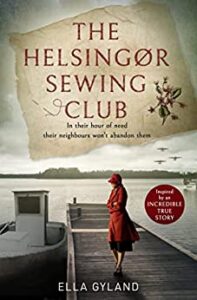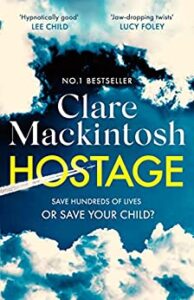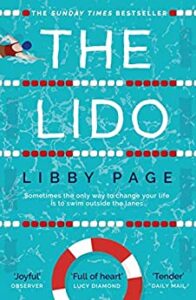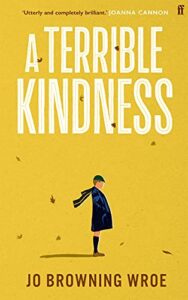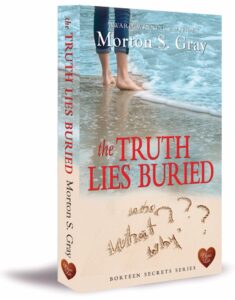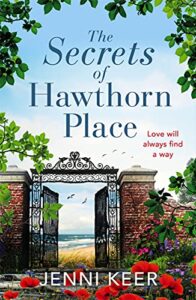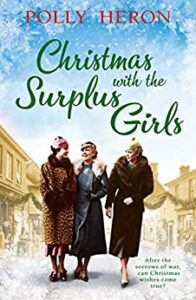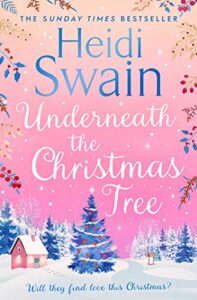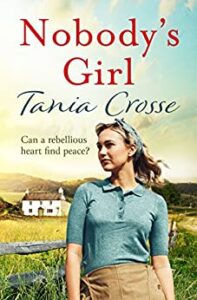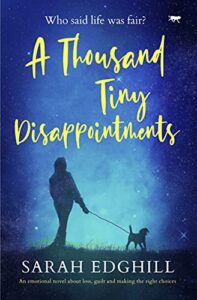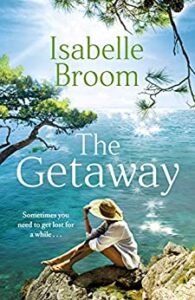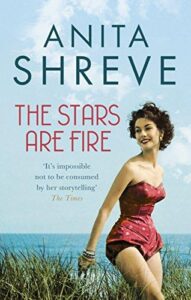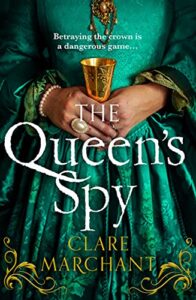Scarlett is a character from my novel The Amethyst Necklace, and was the first person to appear in my head when I was thinking up the plot for the book. However, as that book progressed, Scarlett soon became a larger and more colourful character than I had anticipated, with her own heart-breaking story overshadowing the dual-timeline book.
 However, she was a pivotal part of the novel so I kept her in and decided to give her a smaller role to play in the book. That was when realisation dawned. Scarlett had to have her own novel, so that she could spread her wings, and tell the readers of The Amethyst Necklace her own story. And Scarlett’s Story, the book, was born.
However, she was a pivotal part of the novel so I kept her in and decided to give her a smaller role to play in the book. That was when realisation dawned. Scarlett had to have her own novel, so that she could spread her wings, and tell the readers of The Amethyst Necklace her own story. And Scarlett’s Story, the book, was born.
After suffering the loss of her mother and siblings to the Spanish Influenza Epidemic, Scarlett’s father returns from the war in 1918 a changed man. The shock of this and her recent losses, gives Scarlett the strange gift of second sight, where she experiences dreams and visions of what might happen in the future. As a child this is frightening and something to be kept hidden, and when her father dies soon after his return from the trenches, Scarlett is left an orphan at only 10 years old.
Scarlett has experienced a difficult life, but with courage and determination she claws her way to a comfortable lifestyle. It’s not one, though, that’s true to her nature, and when she finally falls properly in love, with all the joy and heartache that brings, she comes to realise where her real values lie.
This excerpt from the book is my favourite chapter, where Scarlett realises that the man standing in front of her is the handsome stranger in her dreams.
 Then it happened. As we locked our gaze defiantly, each of us it seemed was unable to look away. And as the seconds ticked by, I began drowning in those hazel eyes. With a jolt I realised that this was the man I’d been dreaming of for years, the man who in my dreams had loved me more than life itself.
Then it happened. As we locked our gaze defiantly, each of us it seemed was unable to look away. And as the seconds ticked by, I began drowning in those hazel eyes. With a jolt I realised that this was the man I’d been dreaming of for years, the man who in my dreams had loved me more than life itself.
Breaking the spell, Frankie tore his eyes from me and shook his head vigorously. Then, turning on his heel, he hurried back through the hallway, leaving me gasping for breath and wondering what exactly had just happened.
As Frankie reached the door, he spun around and glared back at me. ‘Women like you don’t know what harm they’re doing!’ he bellowed, before striding angrily down the footpath and banging the back gate shut behind him.
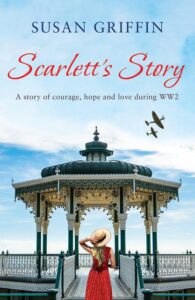 This is the point in the novel where Scarlett understands she may have been mistaken in her search for the comfort of material possessions in her life. And later in the book when she thinks she’s lost Frankie, after his plane is shot down over enemy occupied France, she is heartbroken.
This is the point in the novel where Scarlett understands she may have been mistaken in her search for the comfort of material possessions in her life. And later in the book when she thinks she’s lost Frankie, after his plane is shot down over enemy occupied France, she is heartbroken.
With Scarlett’s Story I wanted to give Scarlett a difficult journey, a mission to become someone of importance, even though she was from lowly beginnings. This was a challenge she rose to and overcame, and once she had accepted love into her life, she went from a child who had nothing, to a woman who had everything.
As is so often the case in life, what we think we want and what we really need, are two different things entirely. And when Scarlett fell in love for the first time, she soon realised it was love that she had been searching for all along.
https://susangriffinauthor.com/


